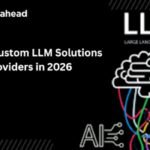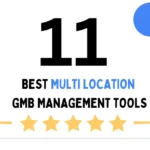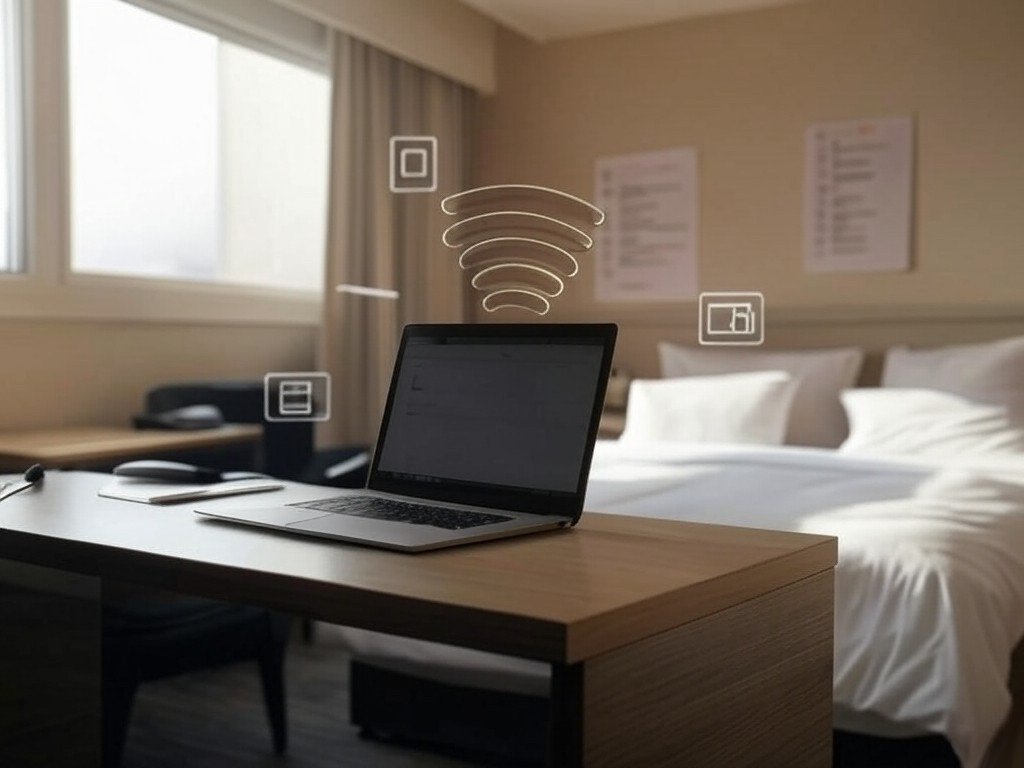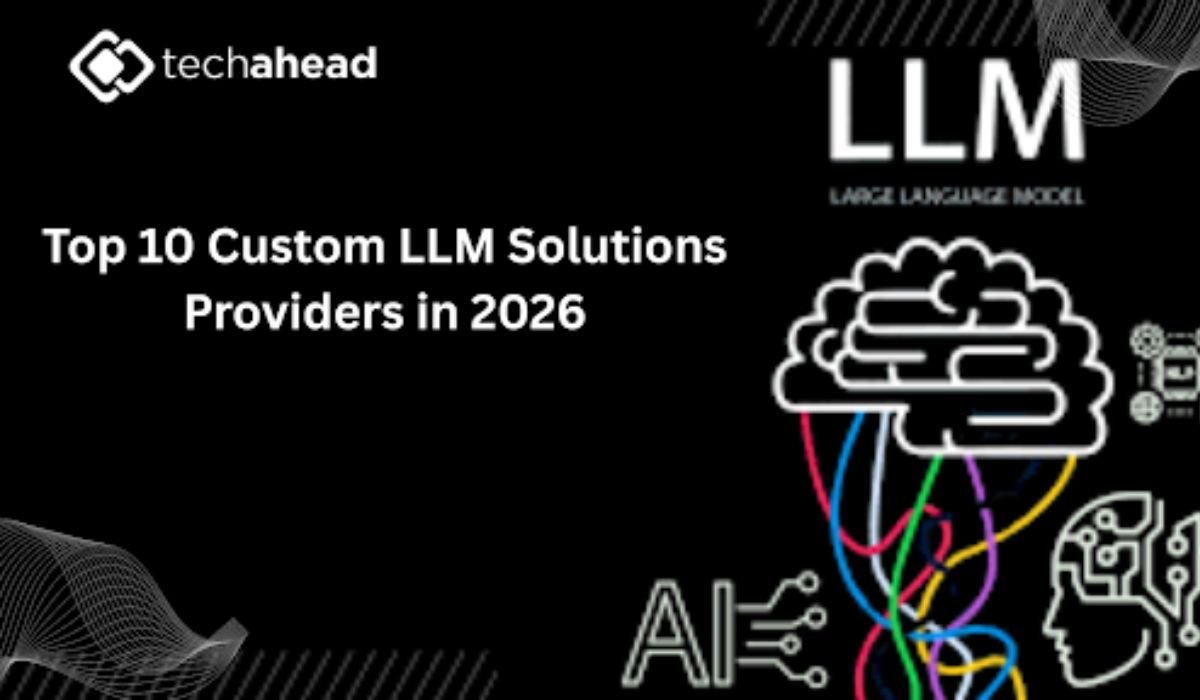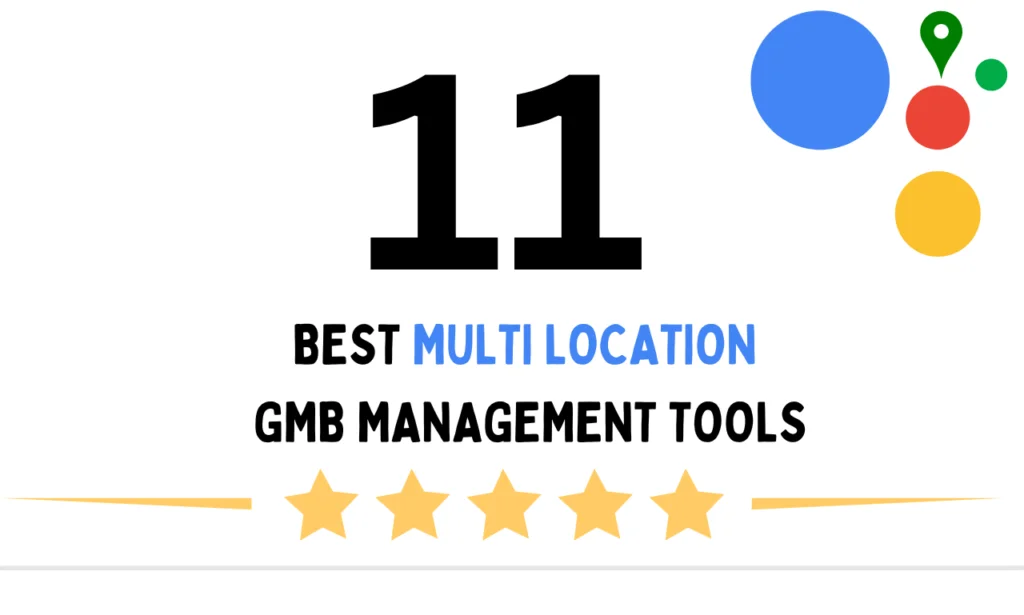Healthcare is evolving rapidly, and patient engagement has become the cornerstone of successful medical practice. Gone are the days when patients simply showed up for appointments and followed the doctor’s orders without question. Today’s healthcare consumers want personalized experiences, seamless communication, and convenient access to their health information. This transformation is driving healthcare organizations to seek innovative solutions from a specialized CRM development company that understands the unique challenges of the medical sector.
Understanding the Healthcare CRM Revolution
Customer Relationship Management systems in healthcare are no longer just about managing patient data. Modern healthcare CRM solutions serve as comprehensive platforms that bridge the gap between healthcare providers and patients, creating meaningful connections that extend far beyond the examination room.
Healthcare organizations are discovering that effective patient engagement requires more than periodic check-ups and appointment reminders. Patients expect proactive communication, educational resources, and personalized health journeys that make them feel valued and informed about their care.
Key Strategies for Enhanced Patient Engagement
Personalized Communication Channels
Healthcare providers are implementing multi-channel communication strategies that meet patients where they are most comfortable. This includes:
- Text messaging for appointment reminders and follow-ups
- Email campaigns with health tips and preventive care information
- Patient portals for secure messaging and document sharing
- Mobile app notifications for medication reminders
Data-Driven Patient Insights
Modern CRM systems collect and analyze patient interaction data to create detailed profiles that help healthcare teams understand individual patient needs, preferences, and behaviors. This information enables providers to:
- Identify patients at risk of missing appointments
- Customize treatment plans based on patient history and preferences
- Predict potential health issues before they become serious
- Develop targeted wellness programs for specific patient populations
Automated Workflow Management
Healthcare CRM platforms streamline administrative tasks while maintaining the human touch that patients value. Automated workflows handle routine communications while freeing up staff to focus on complex patient needs and relationship building.
The Cloud Computing Advantage
The integration of CRM in cloud computing has revolutionized how healthcare organizations manage patient relationships. Cloud-based solutions offer several advantages that traditional on-premise systems cannot match:
- Scalability and Flexibility: Healthcare organizations can adjust their CRM capabilities based on patient volume and organizational growth without significant infrastructure investments.
- Enhanced Security and Compliance: Cloud providers invest heavily in security measures and compliance certifications, ensuring patient data remains protected according to HIPAA and other regulatory requirements.
- Real-Time Access and Collaboration: Healthcare teams can access patient information and collaborate effectively from any location, improving care coordination and patient outcomes.
- Cost-Effective Implementation: Cloud-based CRM solutions eliminate the need for extensive hardware investments and reduce ongoing maintenance costs.
Exploring CRM Solutions for Healthcare
Understanding the types of CRM available helps healthcare organizations choose the right solution for their specific needs:
- Operational CRM: Focuses on streamlining day-to-day patient interactions, appointment scheduling, and administrative processes.
- Analytical CRM: Emphasizes data analysis to identify patterns in patient behavior, treatment outcomes, and operational efficiency.
- Collaborative CRM: Facilitates communication and information sharing between different departments and healthcare providers involved in patient care.
Each type serves specific purposes, and many healthcare organizations benefit from integrated solutions that combine elements from all three categories.
Measuring Success in Patient Engagement
Successful healthcare CRM implementation requires ongoing measurement and optimization. Key performance indicators include:
- Patient satisfaction scores and feedback ratings
- Appointment no-show rates and cancellation patterns
- Patient portal adoption and usage statistics
- Communication response rates and engagement levels
- Treatment adherence and health outcome improvements
Building Trust Through Technology
While technology enables better patient engagement, the human element remains crucial. Healthcare CRM systems should enhance, not replace, the personal connections between patients and their care teams. The most successful implementations focus on using technology to create more meaningful interactions and stronger therapeutic relationships.
Healthcare organizations that invest in comprehensive CRM solutions position themselves for long-term success in an increasingly competitive and patient-centric healthcare environment. By leveraging these powerful tools, providers can deliver the personalized, accessible, and engaging experiences that today’s patients expect while improving health outcomes and operational efficiency.
Frequently Asked Questions
Q: How long does it typically take to implement a healthcare CRM system? A: Implementation timelines vary based on organization size and complexity, but most healthcare CRM deployments take 3-6 months from initial planning to full rollout. This includes data migration, staff training, and system optimization phases.
Q: Can healthcare CRM systems integrate with existing electronic health record (EHR) platforms? A: Yes, modern healthcare CRM solutions are designed to integrate seamlessly with popular EHR systems. This integration ensures patient data flows smoothly between platforms while maintaining data accuracy and reducing duplicate data entry.
Q: What security measures are in place to protect patient data in cloud-based CRM systems? A: Cloud-based healthcare CRM systems employ multiple security layers, including data encryption, multi-factor authentication, regular security audits, and compliance with healthcare regulations like HIPAA. Most providers also offer business associate agreements to ensure regulatory compliance.
You May Also Read: What Can You Purchase With a Fuel Card?




